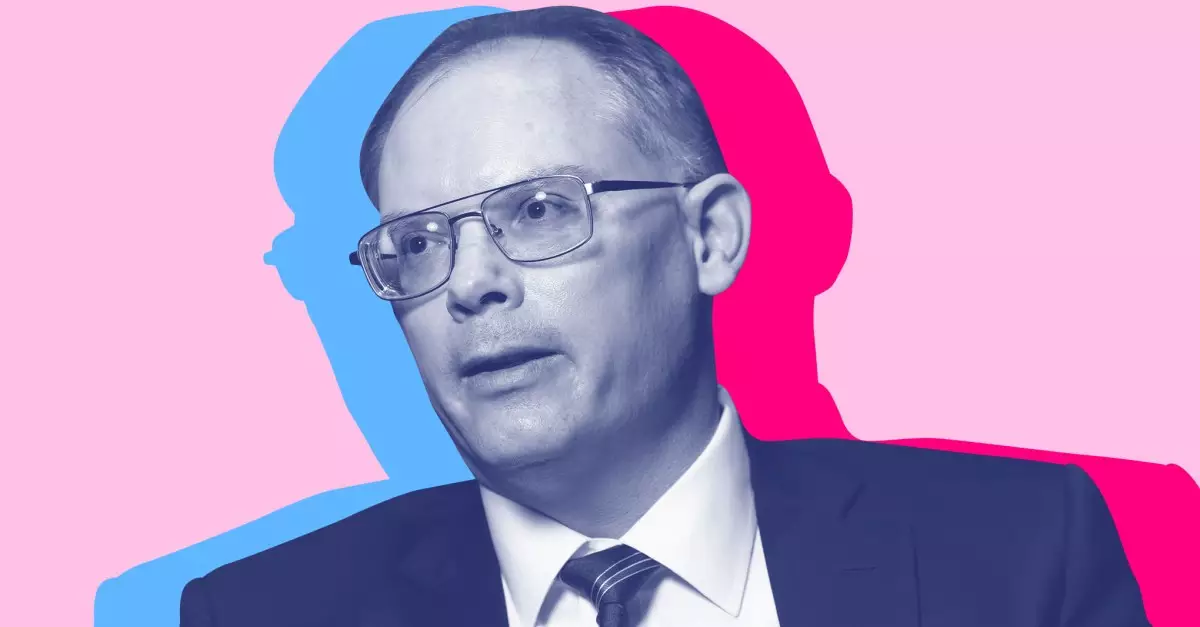The saga between Epic Games and Apple continues to unfold, marked by tension, frustration, and a distinct power struggle. As Epic Games awaits approval from Apple to reinstate Fortnite on the iOS App Store, the stakes have never felt higher for the gaming juggernaut. CEO Tim Sweeney has taken to social media to voice his discontent and pressure Apple, while a multitude of Fortnite copycats flourish in the App Store. This contradiction puts a spotlight on Apple’s approval process and the implications of its monopoly.
Epic Games, armed with their legal victory in the Epic Games v. Apple case, which curtailed Apple’s exclusive revenue share from in-app purchases, expected a smoother re-entry for Fortnite. However, nearly a week has passed since the game was resubmitted for approval, and it remains in limbo. Such delays raise critical questions: Is this a mere bureaucratic holdup, or is Apple sending a message to Epic for challenging its established practices?
Tim Sweeney’s Public Appeals
Sweeney’s public strategy has evolved into a series of appeals directed toward Apple’s decision-makers, particularly Tim Cook. His tweets, mentioned in various news articles, illustrate a mix of desperation and defiance. For instance, highlighting the existence of fake Fortnite clones like “Fort Battle Royale Epic Shoot” serves as both a challenge to Apple’s authority and a plea for fairness. If Apple is willing to approve imitation games that capitalize on Fortnite’s success, why deny the real deal? This situation exemplifies the frustrations of developers trying to navigate a platform that operates with a notoriously opaque approval process.
What makes Sweeney’s moves particularly compelling is his pointed directness. By addressing Cook personally, he not only humanizes the corporate entities involved but also calls into question whether the decision-makers are attuned to the gaming community’s desires. The echo of “Can we get the real Fortnite up please?” resonates with gamers who expect access to authentic experiences rather than diluted imitations.
The App Store’s Dilemma
The tension captures a broader dilemma within the App Store ecosystem. The approval process, supposedly swift and efficient, has proven problematic in this instance. Notably, Apple claims that 90% of submissions are typically reviewed within 24 hours—yet Epic’s resubmission remains unaddressed. This discrepancy raises eyebrows and has prompted speculation about the motives behind the delay. Could it be a calculated move against Epic following their legal disagreements? Or is it simply a reflection of the complexities inherent to managing a vast digital storefront?
There’s also the lurking implication of a potential monopoly in the gaming space. Allowing unauthorized Fortnite clones highlights a double standard in Apple’s enforcement of its own rules. These imitative apps not only dilute Fortnite’s brand but could exploit flaws in Apple’s app vetting process, causing confusion among consumers. Sweeney’s emphasis on these clones brings a critical eye to how Apple manages competition on its platform. If the environment is ripe for clones, where does that leave ethical game developers truly striving to innovate?
The Stakes for Fortnite’s Future
Beyond the immediate delays and frustrations lies a more significant concern: the impact on Fortnite’s player base. With each passing day without approval, the risk of alienating a dedicated user community rises. Gamers expect timely updates, which are synonymous with the title’s identity as a service-based game. Epic’s announcement of a weekly update this Friday adds urgency to the situation; however, without Apple’s approval, that timeline may unravel.
This situation raises the possibility of a delayed or diminished launch for mobile players, which could influence Fortnite’s overall ecosystem adversely. The longer Epic is sidelined, the more potential players may migrate to other games, diluting Fortnite’s robust community and revenue streams. Sweeney’s statements hint at a precarious balancing act: maintaining solidarity among Fortnite fans while strategically pushing back against Apple’s perimeter.
In this complex interplay of corporate strategy, regulatory challenges, and customer expectations, the outcome of Epic’s standoff with Apple is uncertain. Yet, it’s a telling moment not just for Epic, but for the future of app distribution and what it means for developers and consumers alike.

